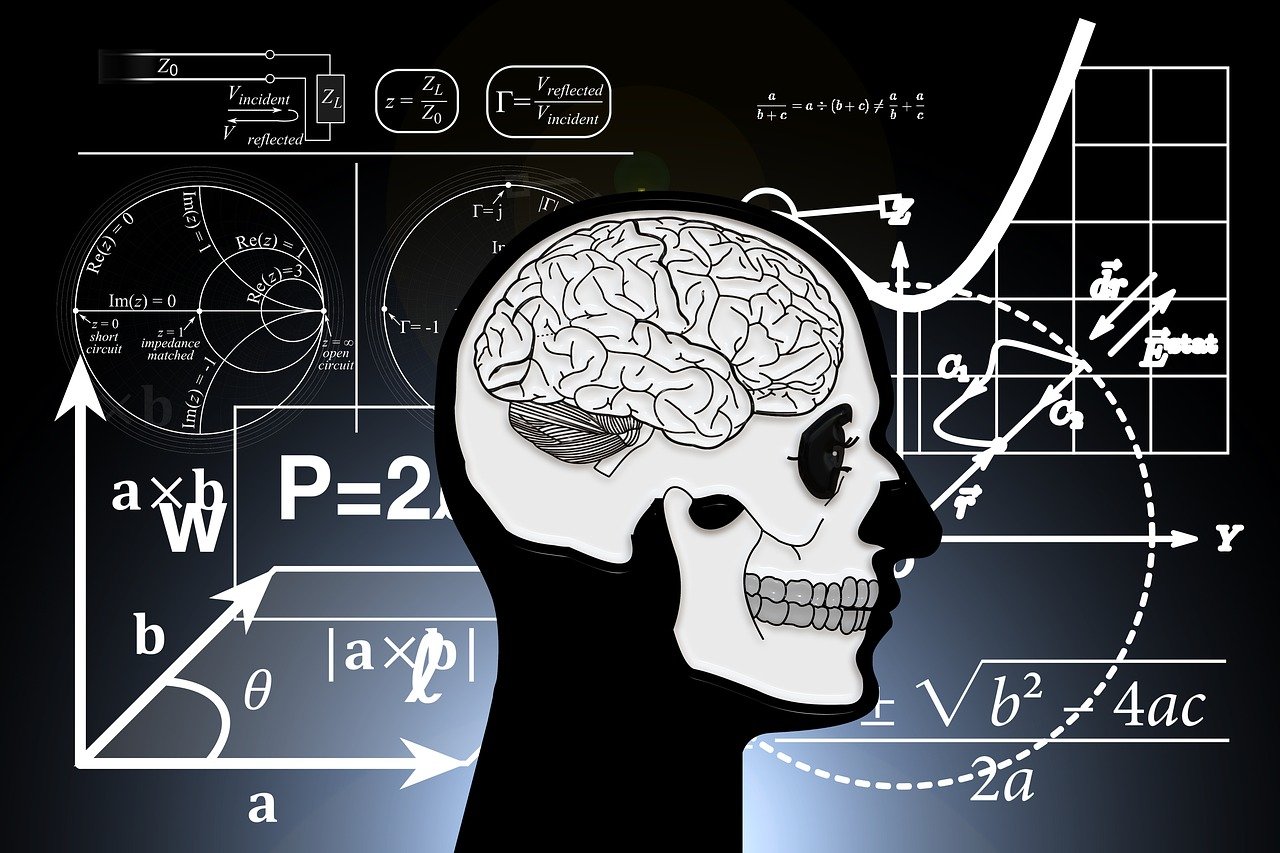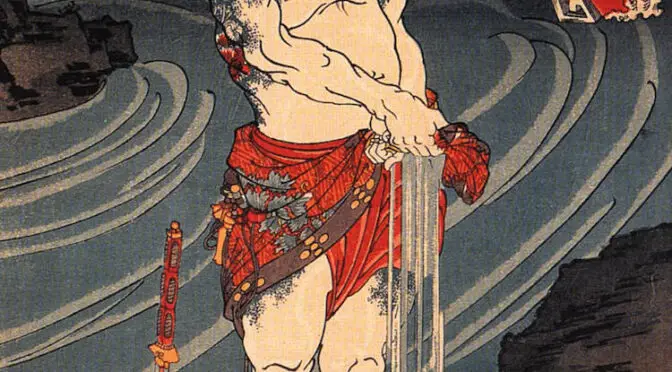So often it seems genius is coupled with illness, tragedy, and premature death. Whether it was delusion, betrayal, struggles with mental health, or having ideas simply too radical for their time, some of the most influential minds in history just couldn’t catch a break!
Read on to find out some of the worst ways the minds of these geniuses and leaders got them into trouble.
Arguably the single greatest military mind in history, Alexander the Great was the king of Macedonia, and spent most of his reign expanding his empire and conquering various places in West Asia and North Africa. He was also a notoriously paranoid megalomaniac.
Ludwig van Beethoven, considered by many to be the greatest classical composer of all time, suffered from many physical afflictions, most notably total deafness as well as Paget’s disease of the bone. According to some modern psychologists, it’s very likely that this genius also suffered from bipolar disorder. Beethoven was known to write music at a maddening pace during manic episodes that would last for days, sometimes not sleeping and refusing to eat, and worrying his friends. After these bursts of creativity, the composer would sink into long bouts of depression, and not write a single note for weeks.
Vincent Van Gogh, the iconic Post-Impressionist painter, sadly did not have his talent recognized until he had alrMany modern psychiatrists and physicians have doled out posthumous diagnoses over the years. Most doctors agree that the artist suffered from bipolar disorder, and others have suggested anxiety disorders and schizophrenia as other likely ailments. He led a destitute life in France, suffered from severe depression, and barely sold any paintings during his lifetime.
The former prime minister of the United Kingdom, eternally famous for his role in World War II, also dealt with his own personal troubles while the world was at war. Churchill was prone to severe, extended bouts of depression, which he referred to as his “black dog.” He drank heavily throughout his life to deal with his low feelings, and made a point of staying away from high ledges, worrying that “a second’s action would end everything.”
Ernest Hemingway, the brilliant novelist behind classics such as ‘The Old Man and the Sea’ and ‘A Farewell to Arms,’ famously struggled with depression and alcoholism throughout his life. A poor relationship with his family and driving ambulances during World War I certainly took their toll on his mental health. Towards the end of his life, Hemingway had started to become paranoid, and seemed convinced he was being monitored by the FBI. He began to isolate himself as his health deteriorated, and eventually shot himself at the age of 61.
A significant voice in the early feminist movement and one the most important authors of all time, Virginia Woolf had a long family history of mental maladies. Her grandfather and half-sister were both hidden away in asylums. Woolf herself would also be institutionalized numerous times throughout her life. Diagnosed with bipolar disorder and having repeatedly attempted to end her own life, she would continue to suffer her whole life through an age in which there was very little support available for people struggling with mental health problems.
While now considered one of the greatest and most important thinkers in history, Socrates was not always so widely beloved, nor did he always have it easy. Socrates was hated by many during his own lifetime, mostly due to his nonconformist beliefs that were harshly frowned upon in ancient Greece. Socrates was also known to hear a voice in his head on a regular basis, that he referred to as his “deamon.” While this voice didn’t lead the famous philosopher towards any violent tendencies, it did give him advice from time to time. Socrates himself said this companion warned him against being a politician.



